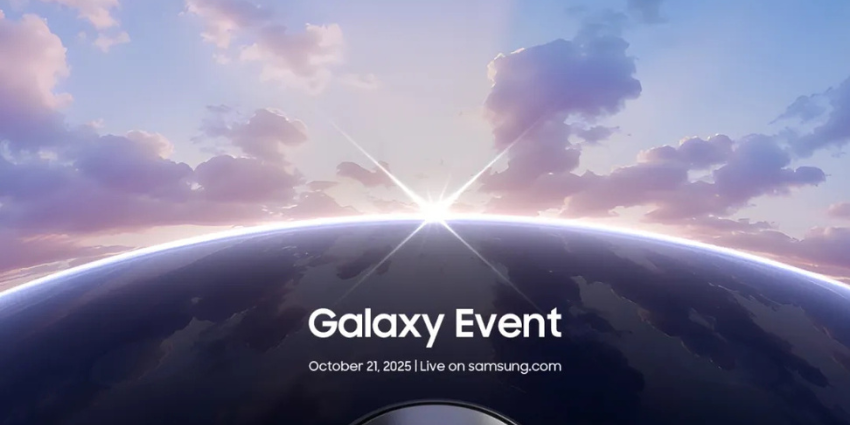US tech giant Microsoft will team up with South Korean fabless manufacturer LX Semicon to build a virtual and augmented reality (VR/AR) solution, it was announced on Tuesday.
LX Semicon’s collaboration with the Redmond, Washington-based firm will see Microsoft’s 3D sensors installed in internet of things (IoT) and logistics devices, as well as autonomous mobile robots.
Microsoft’s 3D time-of-flight (ToF) sensors transmit light to measure distances between devices and targeted objects, with technologies commonly used in many high-end smartphone cameras.
Such devices can also create 3D models by scanning objects and are used for facial recognition software. Additional technologies such as artificial intelligence (AI), microcontroller units to convert sensor data to digital signals, and other components will work jointly with the sensors to enable 3D vision for robots.
Current Microsoft products using ToF sensors include the Kinect gaming camera, mixed reality (MR) headsets HoloLens and HoloLens 2, and the Azure Kinect. The US firm aims to expand the technology across ecosystems to allow chipmakers to deploy the solutions across numerous industries.
The news comes amid a rapid expansion of solutions amid the Fourth Industrial Revolution (4IR). Chae Lee, Senior Vice-President of LX Semicon, said future solutions demand:
“semiconductor companies to drive constant innovation with new cutting-edge technologies in order to stay ahead in a fast moving space.”
LX Semicon’s strategic collaboration with Microsoft would “accelerate the [research and development] for 3D [and] AI technologies” to boost the firm as a “leader in machine vision solutions,” he concluded.
Cyrus Bamji, Partner Hardware Architect for Microsoft’s Silicon and Sensors Group, added the collaboration was “an important step in our journey to expand the semiconductor ecosystem for Azure Depth Platform.”
He added Microsoft was “excited to work” with the South Korean tech firm to combine their “extensive experience” to create 3D and AI-powered industry solutions.
The news comes as global firms struck several key partnerships with Microsoft, including Vancouver-based AR firm Nextech, who announced in early August it would integrate its HoloX content creation platform with the HoloLens 2 to provide users with additional facial tracking technologies.
Conversely, US chipmaker Intel began shuttering its product lineup of cameras and sensors, which were used for computer vision, robotics, and digital signage technologies, according to reports in late August.
The company ceased operations for its RealSense computer vision department, which developed Lidar and stereoscopic products for mixed reality (MR) devices, to focus on its core semiconductor business.






